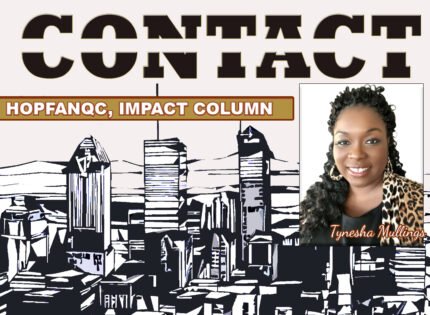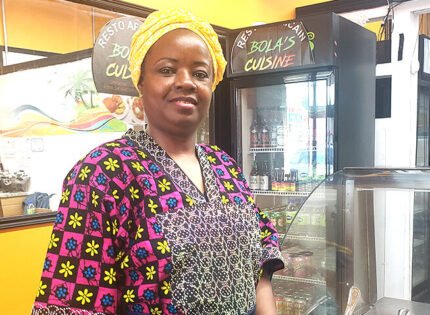Happy New Year readers!
Thank you for supporting this column this past year. I am grateful for all the wonderful feedback I have received from all of you. By the way, how do you like our new graphic?
Back on the continent, “the year of the return” just wrapped up, and it saw scores of Black people from the Diaspora go to Ghana to visit, and invest, while others decided to stay.
It was inspired by the actions of former Benin president, Mathieu Kérékou who in 1999 made a pilgrimage to the Church of the Great Commission in Baltimore. While there he fell to his knees and apologized to African-Americans for the African role in the slave trade. Mr. Kérékou said all parties, buyers and sellers, ”must confess our responsibility before history for this shameful trade.” The kingdom of Dahomey, pre-colonial ancestor to Benin, profited substantially from the traffic of slaves.
Later in the year, during a reconciliation conference, Africans (including Ghana’s former president Jerry Rawlings), Americans and Europeans acknowledged and apologized for their forefathers’ transgressions in the slave trade.
From 1619 to the abolishment of slavery, approximately 12 million Africans were enslaved, but the exact number is unknown as many did not survive their capture or the journey across the Atlantic, known as the Middle Passage, with some estimating 15 million, others up to 25 million Africans.
Slave trading countries such as France, Netherlands and the United Kingdom among others have taken steps to acknowledge their wrong doings in the slave trade through apologies squeezed into illustrious speeches, but there has been no action taken to right the wrongs of the past.
However, in Africa, Ghana among other countries, have taken strides to acknowledge their accountability for their role in the slave trade. Nigeria and Uganda have also made apologies to their brothers in the diaspora.
The truth is, for a long time the narrative was peddled that Europeans came and bulldozed their way into Africa and took slaves, but they did have help from the Africans themselves.
Ghana felt that they could correct the narrative by passing legislation that would welcome the descendants for those held in slave dungeons along the gold coast.
In 2000, they passed the Right to Abode law that allowed anyone of African descent to live in Ghana as long as they desired. This was followed by “Project Joseph” an initiative inviting the African diaspora to Ghana kind of being what Israel is to Jewish people. It has been recorded that almost 4000 people of African descent have moved to the gold-rich country.
These were all capped off by the Year of the Return series that featured music festivals, and cultural expos. American celebrities such as Jiddena, Boris Kodjoe, and Naomi Campbell among others all visited Ghana and encouraged their comrades to come and see the wonders of Ghana and beyond.
This initiative was not only informative but it further pushes the narrative that Africa is a progressive continent, not a country and Ghana is one of many countries that is thriving and open to all.
It is important that those in the diaspora take time to learn not only about Ghana but Africa as a whole and learn something about the land from whence we came.
Remember as writer Ja A. Jahannes said, “Unless we learn to know ourselves, we run the danger of destroying ourselves.”
Here is to a decade of insight and over standing.















